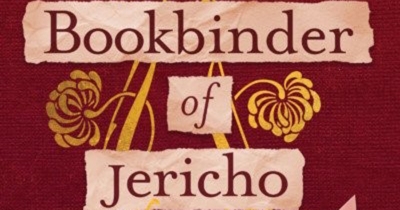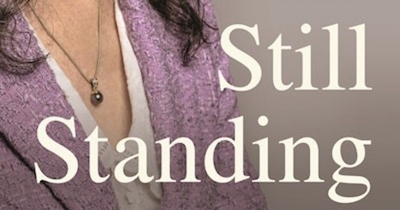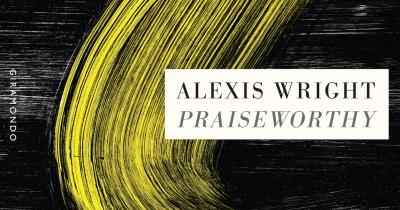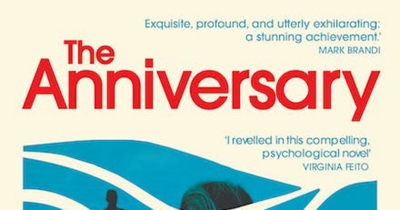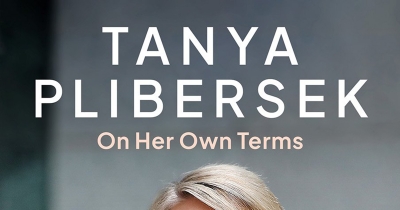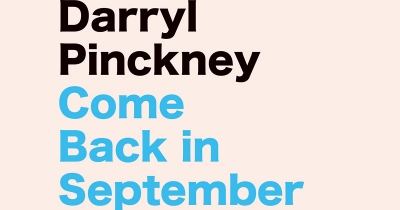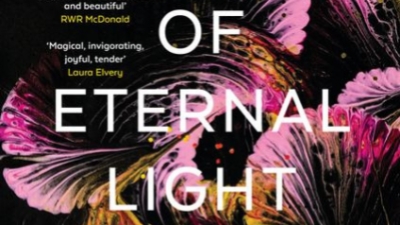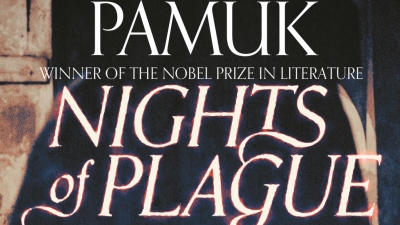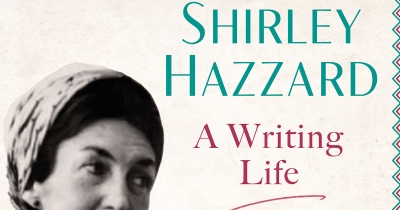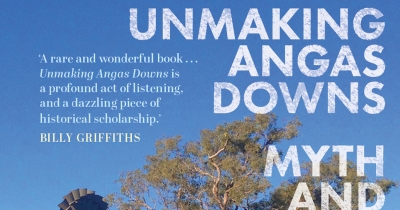Book of the Week
Sign up to Book of the Week and receive a new review to your inbox every Monday. Always free to read.
Recent:
First, a confession. I am one of a tiny minority of readers who were underwhelmed by Pip Williams’s first novel, The Dictionary of Lost Words (2020). I thought it a splendid idea, one undermined by facile messages about how women’s words were ignored by the men who recorded our language and its meanings. Clearly, I was in a minority: Dictionary became an international bestseller, one of the most successful Australian novels ever published. Friends raved about it. I wondered what I wasn’t getting.
... (read more)This is a book about rage, as Chrissie Foster says in her opening sentence. It is motivated and driven by rage and, if this is not an oxymoron, it is a panegyric to rage.
... (read more)An ochre-coloured haze has gathered permanently over the town of Praiseworthy somewhere in the Gulf country. It is composed of dust, soot, broken butterfly wings, memories, and grief – and it isn’t going anywhere. Meanwhile, on the ground, thousands of feral donkeys are being corralled into the town cemetery by an Indigenous leader called Cause Man Steel. Most call this man Planet because he is always banging on about the collapse of the planet.
... (read more)Stephanie Bishop’s The Anniversary is an example of both deft literary craft and an engrossing read – a feat rarer than it should be. Billed as a ‘novel about writing and desire’, this is more a work interrogating the nexus between art, celebrity, and commerce, while unpicking the ways in which gender informs all three.
... (read more)In early March 2023, Tanya Plibersek fronted an audience at the Australian National University to question historian Chris Wallace about her newly released account of twentieth-century prime ministers and their biographers. Coming shortly before the publication of Margaret Simons’s biography of her, Plibersek’s interest in the dynamics of writing about a living, breathing, vote-seeking politician seemed prompted by more than mere professional courtesy. ‘It’s like building a golem, in the shape of a person, in a way, isn’t it?’ she remarked. ‘And then you’re putting magic into it and animating it. It comes out of the mud.’
... (read more)Come Back in September: A literary education on West Sixty-Seventh Street, Manhattan by Darryl Pinckney
first went to New York City in January 1975. It was wonderfully dilapidated. There was a blizzard of sorts, but I had the light jacket I had bought in Athens. If it was cold, I didn’t notice. The morning I arrived, there was a particularly gory pack murder on the subway. I read about it in the Times. So I avoided the subway and walked everywhere, through the sludge. We all knew what happened if you strayed into Central Park. Folks in Columbus, Ohio, where I had been staying with friends, had implored me not to visit New York. They couldn’t imagine why a nice young boy from somewhere called Melbourne – anarchically long hair and freakish wardrobe notwithstanding – wanted to visit that sinful city. (Still missing Nixon, they spoke of sin and sodomy.) I stayed in Midtown, in a grungy hotel soon to be demolished. The old black-and-white TV was on a constant loop, but I followed The Dick Cavett Show as best I could. The louvred door to my room cast terrifying shadows over my bed whenever anyone passed my room. Each night I dreamt that an ogre was on his way from Wall Street to stab me to death. In the morning I had breakfast for 99 cents – or, if I was hungry, $1.99. Then I didn’t eat for the rest of the day. I haunted the grand old bookshops that lined Fifth Avenue in those days. I visited the Metropolitan Museum for the warmth, but I didn’t know about the Frick. Velvet Underground wasn’t playing at the Metropolitan Opera, so I skipped that. During my stay in New York I didn’t speak to a soul, which suited me fine. It was the purpose of my visit.
... (read more)When a book takes its title from Mary Shelley’s Frankenstein, you can expect the shock of something supernatural. But although Paul Dalgarno’s A Country of Eternal Light is narrated by a dead woman, there is little here to horrify.
... (read more)Nights of Plague by Orhan Pamuk, translated by Ekin Oklap
Orhan Pamuk’s latest novel, Nights of Plague, is set on a fictitious island called Mingheria, the twenty-ninth state of the Ottoman Empire, located in the Eastern Mediterranean Sea. In 1901, following the order of Sultan Abdul Hamid II, a steamer carrying an eminent Ottoman delegation consisting of various Ottoman officials entrusted with mitigating political animosity between China’s Muslims and European powers sets sail for China.
... (read more)Shirley Hazzard challenged Auden’s line that poetry makes nothing happen. In her case, she said, poetry made everything happen. It was because she learned Italian as a teenager in order to read Leopardi in the original that she was sent, aged twenty-six, by the United Nations, to Italy, where she wrote ‘Harold’, the story about the awkward young poet that was published in the New Yorker in 1960, after which ‘everything changed’.
... (read more)Unmaking Angas Downs: History and myth on a Central Australian pastoral station by Shannyn Palmer
In Unmaking Angas Downs, researcher and writer Shannyn Palmer seeks to understand why a derelict pastoral station in Central Australia, once a hub for First Nations people and a popular tourist destination en route to Watarrka Kings Canyon, was abandoned. Established by white pastoralist Bill Liddle in the late 1920s, Angas Downs is 300 kilometres south-west of Mparntwe Alice Springs at a place known as Walara to Anangu. Curious about the shifting fortunes of Angas Downs, Palmer travels to Walara to uncover the ‘histories that are obscured by the single, fixed idea of the pastoral station’.
... (read more)

